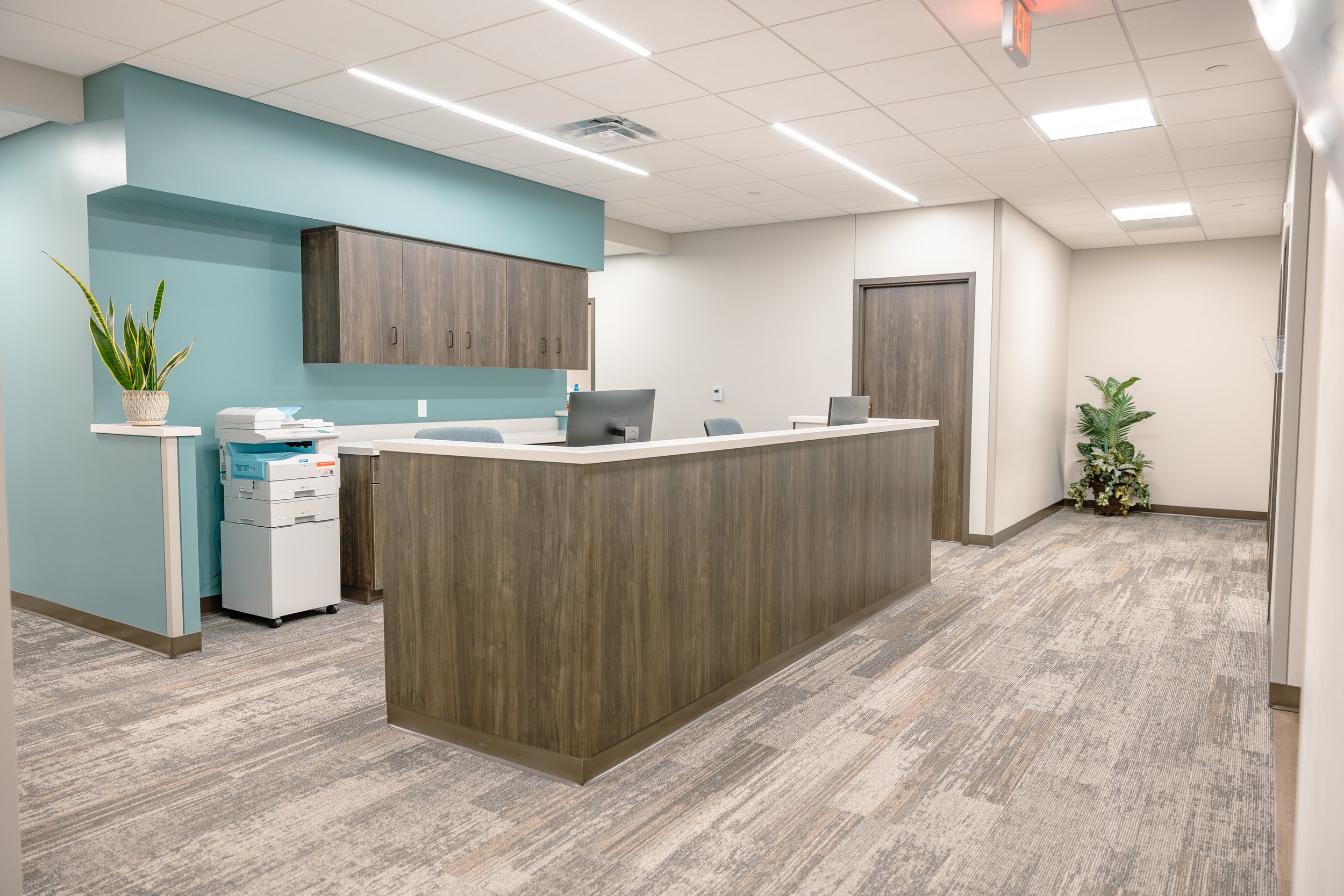CONDITIONS TREATED

Conditions
The Nebraska Neurosurgery Group treats a wide variety of conditions related to Neuro-oncology, Spine Disease and many other spine, brain and peripheral nerve conditions. If you need treatment for any of the conditions below, please contact us.
Neuro-Oncology
Brain Tumor- an abnormal growth of cells in or near the brain
Metastatic Brain Tumors- a malignant tumor that occurs when cancer cells from another part of the body spread to the brain
Gliomas- a group of tumors that can develop in the brain or spinal cord, originating in the glial cells that support nerve cells
Glioblastoma Multiforme- a highly aggressive and malignant brain tumor that originates from glial cells, specifically astrocytes, characterized by rapid growth, resistance to treatment, and a tendency to invade surrounding brain tissue
Meningioma- a slow-growing tumor that originates in the meninges, the membranes that protect the brain and spinal cord
Acoustic Neuroma- a noncancerous tumor that develops on the main nerve leading from the inner ear to the brain
Pituitary Tumor- an abnormal growth of cells in the pituitary gland, a small gland at the base of the brain that controls hormone production
Spine and Spinal Cord Tumors- an abnormal growth of tissue that develops in or around the spinal cord or spinal column
Spine Disease
Disk Herniation- occurs when a portion of a spinal disc’s soft center pushes through a weakened area in the disc’s tougher outer layer
Degenerative Disk Disease- a chronic condition that occurs when the spinal discs wear down and deteriorate
Spinal Deformity- an abnormal curve or alignment of the spine’s bony vertebral column
Compression Fractures- a break in a bone that occurs when pressure causes the bone to collapse
Back Pain (upper, mid and lower)
Neck Pain
Myelopathy (spinal cord abnormalities)- a spinal cord injury that occurs when the spinal cord is compressed, which can cause nerve dysfunction
Sciatica- a symptom of a medical problem that causes pain, weakness, numbness, or tingling in the leg
Spinal Stenosis- occurs when the space inside the backbone is too small
Spinal Spondylolisthesis- a condition where a vertebra, or spinal bone, slips out of place and onto the bone below it
Synovial Cyst- a noncancerous, fluid-filled sac that can develop in the joints of the spine, particularly in the lower back
Foot Drop- a condition that makes it difficult to lift the front part of the foot and toes
Traumatic Spine Fractures- a break in one or more of the vertebrae, or bones, of the spine caused by trauma
Spinal Cord Injury
Peripheral Nerve Injury
Carpal Tunnel Syndrome- a condition that occurs when the median nerve in the wrist is compressed
Ulnar Neuropathy- a condition that occurs when the ulnar nerve is damaged or compressed, resulting in pain, numbness, tingling, or other symptoms in the hand, wrist, and arm
Peripheral Nerve Compression- a nerve in the arms or legs can become compressed due to narrowing passageways, tumors or other diseases
Cerebrovascular Disease
Brain Aneurysm- a bulge or ballooning in a weakened area of a blood vessel in the brain
Hemorrhagic Stroke- a neurological emergency that happens when a blood vessel in or on the brain breaks, causing bleeding in the brain
Arteriovenous Malformations/AVM- an abnormal connection between arteries and veins that occurs when blood vessels form incorrectly
Neurosurgical Trauma
Traumatic Brain Injury- a brain injury caused by an external force, such as a blow or jolt to the head or body, or an object entering the brain
Subarachnoid Hemorrhage- occurs when there is bleeding in the space between the brain and the thin membranes that cover it
Subdural Hemorrhage- serious medical condition that occurs when blood pools between the brain and the skull
Epidural Hematoma- a condition that occurs when blood accumulates between the skull and the dura mater, the brain’s outermost protective membrane
Concussion- a type of traumatic brain injury (TBI) that occurs when the brain is shaken or moves inside the skull
Other Conditions
Trigeminal Neuralgia- chronic pain condition that causes sudden, severe facial pain
Spasticity- a condition that causes muscles to become stiff or rigid due to prolonged muscle contractions
Epilepsy/Seizures- a chronic brain condition that causes seizures, which are brief episodes of uncontrolled electrical activity in the brain
Chiari Malformations- a structural defect in the brain and skull that occurs when the cerebellum, the part of the brain that controls balance, bulges into the spinal canal
Hydrocephalus- a condition in which fluid accumulates in the brain, typically in young children, enlarging the head and sometimes causing brain damage
